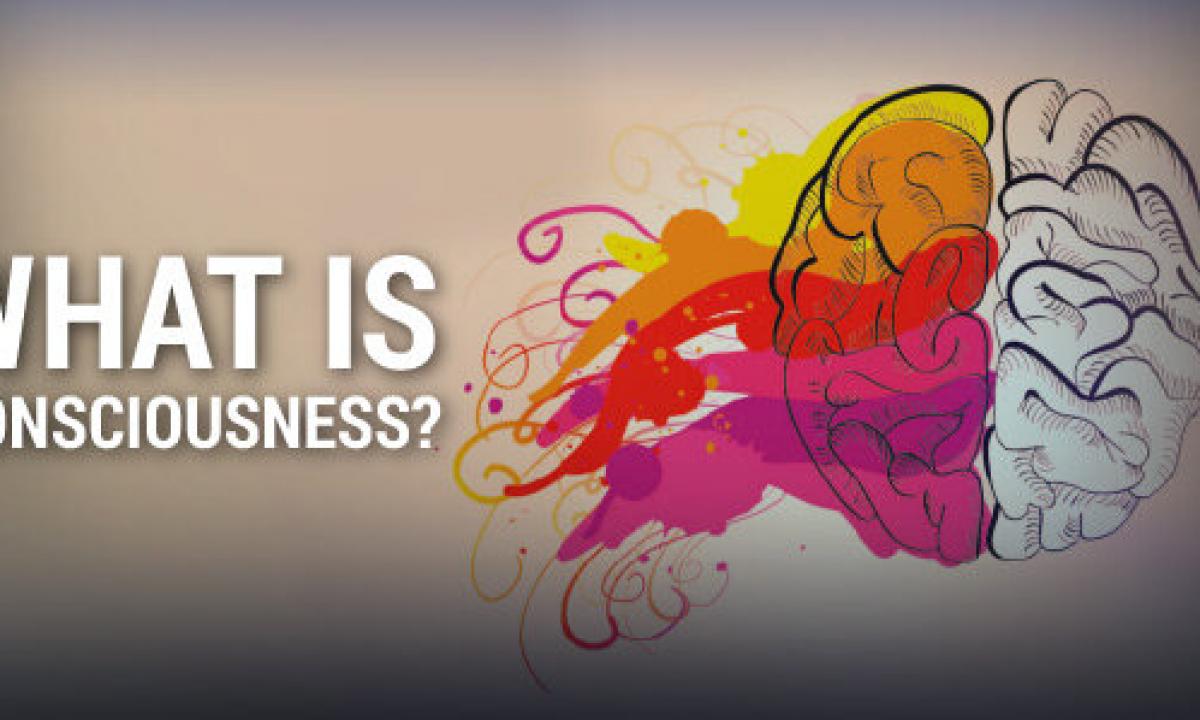The conscience is the certain internal censor, the controller and the judge inherent only in people. The conscience can serve in human life as the conductor, help to arrive according to moral rules. However for a start it is necessary to understand - what is conscience.
What happens conscience?
To understand what is conscience, first of all it is possible to address psychological and philosophical treatises. Psychologists understand conscience as internal quality which indicates that the personality realizes the responsibility for any given act. Philosophers call conscience moral consciousness which is capable to distinguish good and bad and to induce the person to kind acts.
According to V. Dahl the conscience is a moral internal consciousness, a soul hiding place in which there is a division of acts into worthy approvals or censures, the feeling which is giving birth love for good and hatred for the evil.
The clear and quiet conscience happens at the moral person who tries not to depart from the rules. Restless and bad conscience torments such individual if he made something unseemly. About the person who does not suffer pangs of conscience even at commission of very evil acts, say that his conscience sleeps or it is lost.
How do the believing people understand conscience?
The term conscience appeared with arrival of Christianity, it has the Greek origin and consists of two words: commonwealth and message. I.e. in fact, the conscience is a form of partnership in society. The believing people identify conscience with God and his voice which either pleases, or punishes. The individual who has no conscience, for them people without soul.
What means to have conscience?
Bad conscience proves through reproaches, negative experiences, shame, uneasiness. At the absent or poorly developed conscience of people does not regret at commission of deeds of evil, and at times even does not realize that the acts caused someone damage. And, respectively, does not feel discontent with, shame and desire to improve situation.
The famous psychologist Z. Freud stated at the time the interesting theory of emergence of conscience in the person. In the infantile period the child is extremely dependent on parental feelings therefore it very quickly acquires rules, important for adults, their values and outlook. And all this for the only purpose is not to cause disappointments of parents and not to lose love.
Researches showed that more conscientious those children to whom at offenses the adults expressed the chagrin grow up, but did not punish physically since such punishment leads to indignation and a protest. At adult age the person having conscience at unseemly acts has sense of guilt, condemns and punishes himself.
What to do if the conscience torments?
The believing people consider that if the person is tormented by conscience, he needs repentance. It is possible to tell about the sins to the priest, he will listen and will help. The non-believer mother or the father can confess, they will accept the child any, and will not look at him through an offense prism. If the conscience torments because of act as a result of which the person suffered, it is necessary to confess also before it.
The received forgiveness will become the real balm for the soul. To ease pangs of conscience and at least partially it is possible to restore balance between the good and evil good affairs, prayers, a post, work for the benefit of other people.
Psychologists advise at pangs of conscience not to try to muffle them, and to try to understand what became the reason of loss of peace of mind. Perfect offense is not always equivalent to the suffered torments. For example, the girl can worry because of loss of innocence prior to a wedding because it was so brought up, and torments to it are caused by irrelevant morality. This girl needs to understand that her acts are personal achievements which her life experience influenced.

